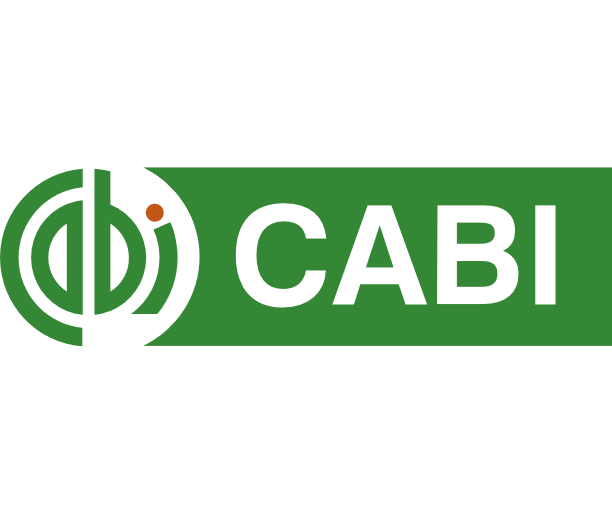Evaluation of copper stress on maize and its remediation by application of compost and vermicompost
DOI:
https://doi.org/10.35495/Keywords:
Copper, Compost, Vermicompost, Immobilization, MaizeAbstract
Recently, conversion of organic waste into useful products (organic fertilizers) is an emergent option for soil health restoration and sustainable ecosystem. In developing countries, excessive use of untreated wastewater and agrochemicals caused serious impact on food security and soil health. In this regard, the incorporation of recycled organic byproducts like compost (CP) and vermicompost (VC) have significant contribution in soil restoration by providing carbon and nutrients in polluted soil. A pot study was carried out to investigate the influence of CP and VC on maize growth and yield under copper stress. Maize was sown as a test plant in pots with 7 different treatments along with three repeats, such as T1: Control (CK); T2: 1% compost (CP 1%); T3: 2% Compost (CP 2%); T4: 5% Compost (CP 5%); T5: 1% vermicompost (VC 1%); T6: 2% Vermicompost (VC 2%) and T7: 5% Vermicompost (VC 5%). The current findings exhibited that incorporation of CP and VC prominently enhanced maize growth, biomass, plant height, chlorophyll contents, NPK status in soil and plant tissues. In addition, the results revealed that soil pH was prominently reduced by 0.54 and 0.59 units when CP and VC were mixed in Cu polluted soil. The addition of CP and VC at 5% rate presented the profound reduction in soil Cu by 24.41% and 43.02% respectively over control. Whereas Cu uptake by maize tissues was also reduced by 45% and 47% when CP and VC were incorporated at 5% rate. Overall, among all the treatments and application rates VC at 5% exhibited prominent results over control as well as other soil additives.












